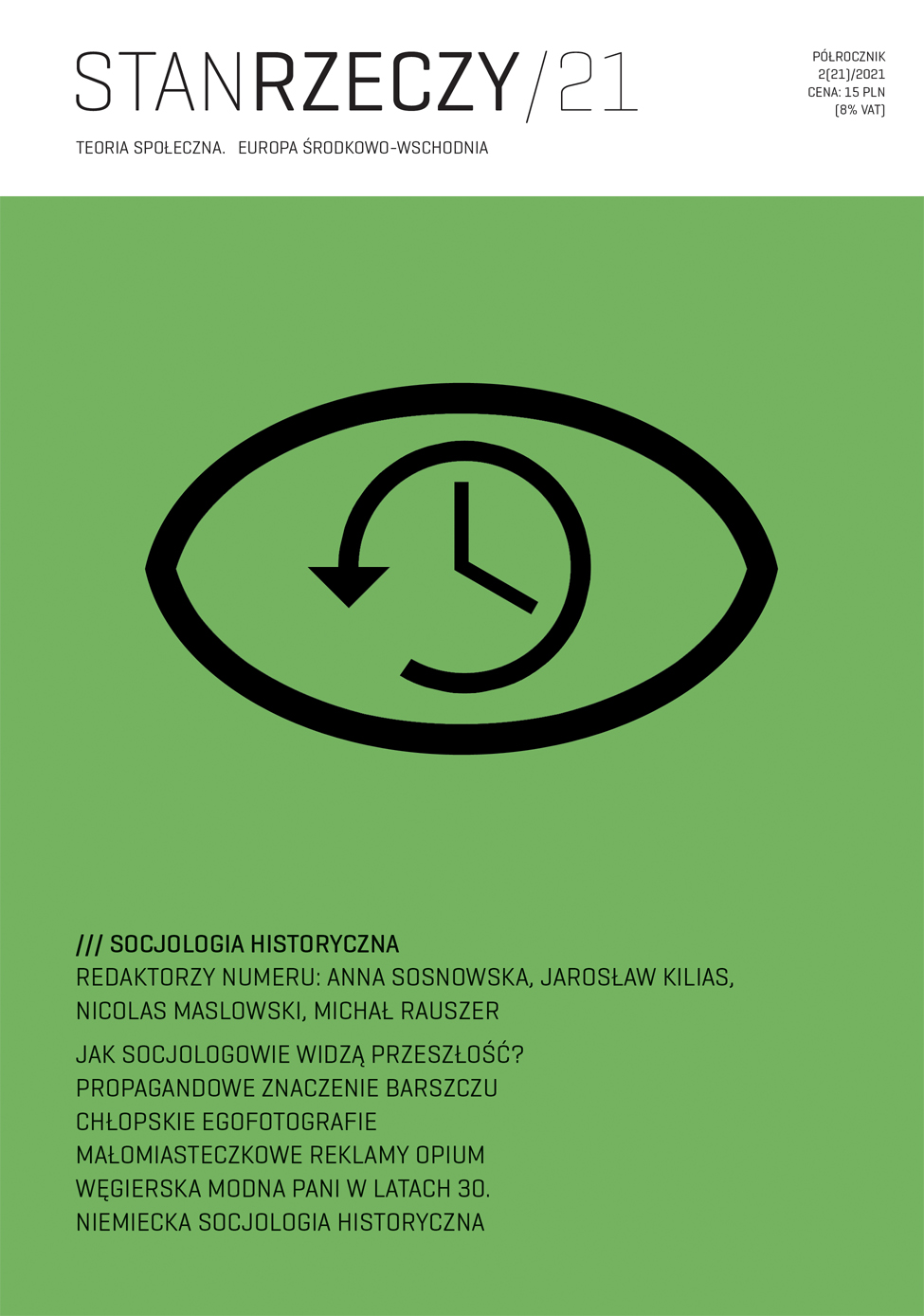„Propagandowe znaczenie barszczu”
“The Propaganda Significance of Borscht”
Food and Polish Cultural Identity in the Interwar Period
Author(s): Agnieszka ChmielewskaSubject(s): History, Social Sciences, Sociology, Social history, Recent History (1900 till today), Interwar Period (1920 - 1939)
Published by: Wydział Socjologii Uniwersytetu Warszawskiego
Keywords: national identity; world exhibitions; gastro-diplomacy; national food;the Second Polish Republic;
Summary/Abstract: In this article the author reviews and interprets the use of restaurants and food-industry stands in the Polish sections of three international exhibitions organised in the interwar period (in Paris in 1925 and 1937, and in New York in 1939). The primary goal of the Polish exhibiters was to present the cultural identity of the nation, whose distinctiveness and right to self-determination was the main legitimation for the existence of the Second Polish Republic. The author considers whether food can be viewed as a full-fledged element of this representation and what images of Polishness were constructed with its help. She points out that in 1925 the potential of food was not used, while in 1937 and 1939 it was more and more effectively included in the representation of Polish cultural identity. In accord with the principles of gastro-diplomacy, the most successful exhibit was one in which a traditional Polish feast was arranged.
Journal: Stan Rzeczy
- Issue Year: 2021
- Issue No: 21
- Page Range: 243-272
- Page Count: 30
- Language: Polish

